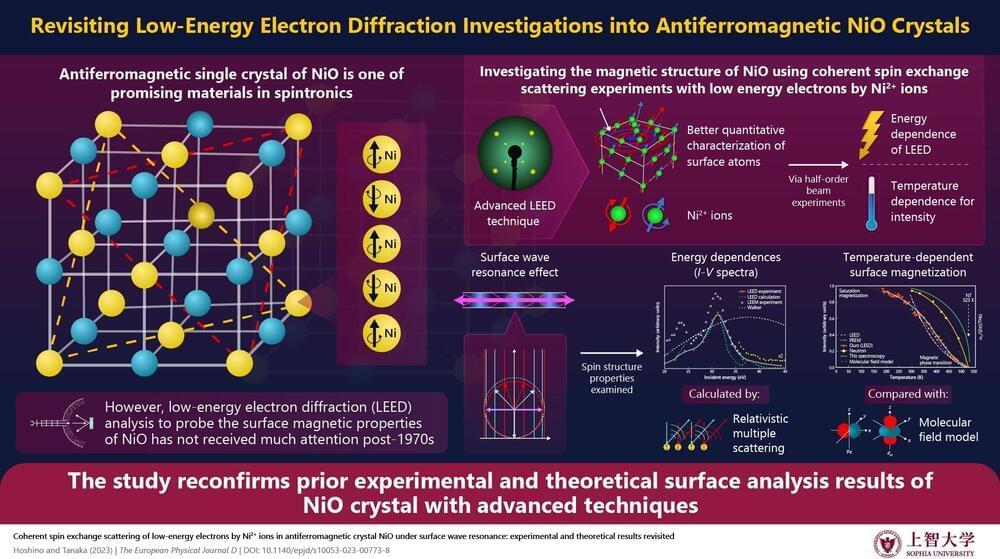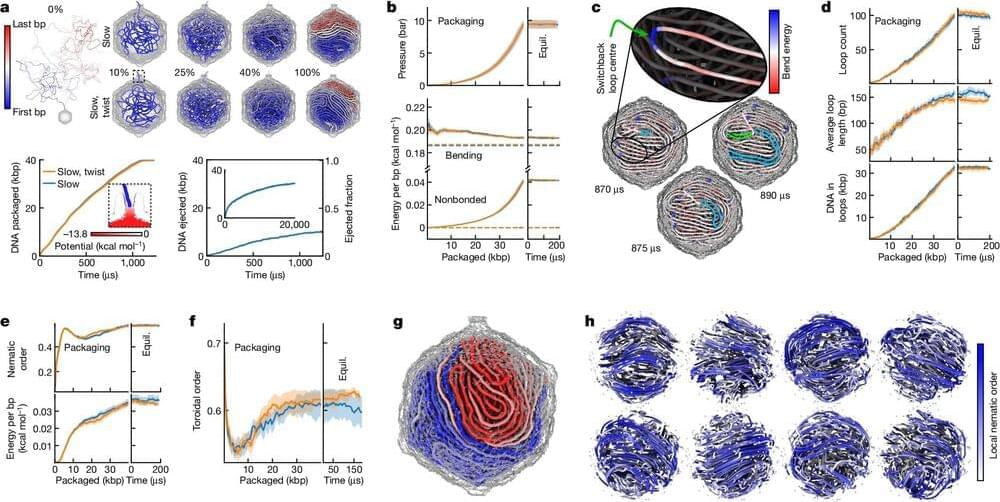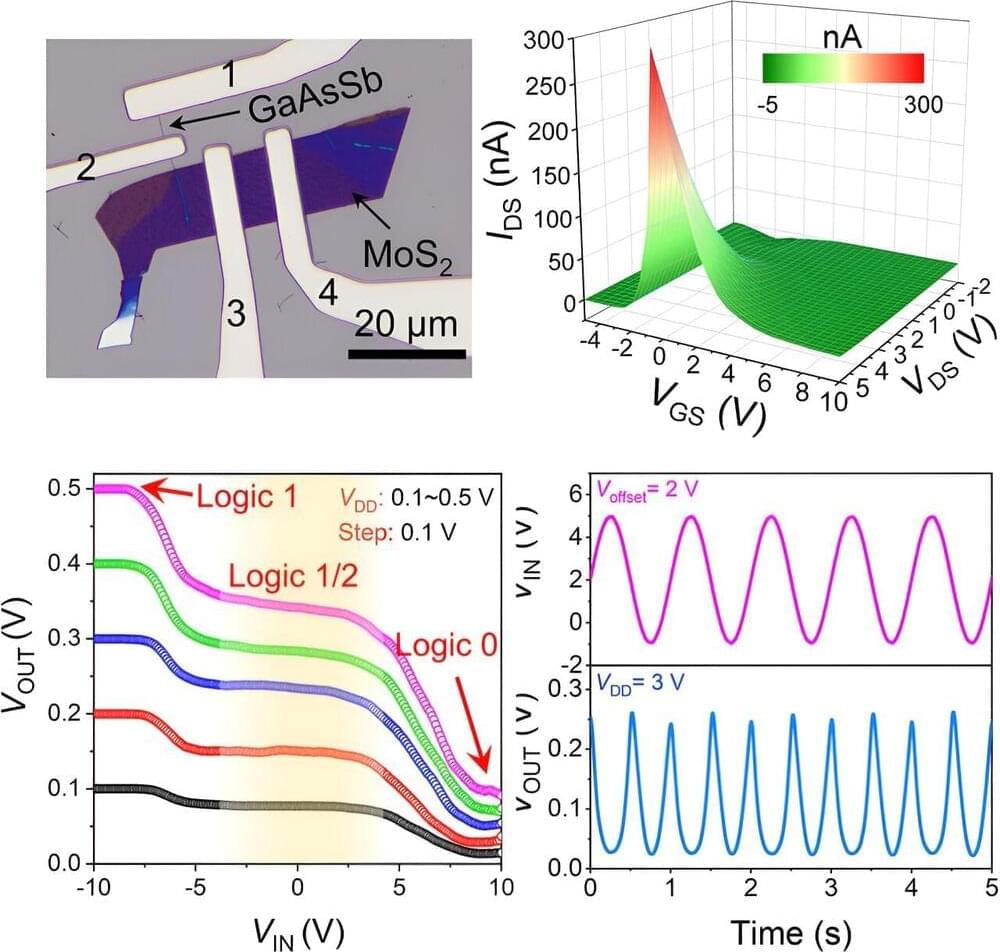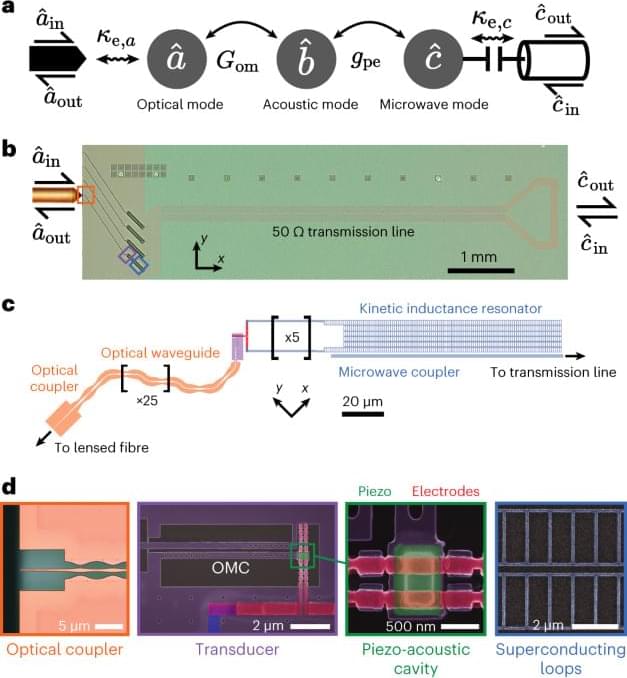Mar 9, 2024
Video: Europe’s biggest 3D-printed building rises in just 140 hours
Posted by Genevieve Klien in categories: 3D printing, computing
Tasked with building a new data center in an urban area of Germany, the team behind the Wave House harnessed the benefits of 3D printing technology to inject a sense of style into the unglamorous world of cloud-computing infrastructure, creating Europe’s largest 3D-printed building in the process.
The Wave House is located in Heidelberg and was designed by SSV and Mense Korte, and created by Peri 3D Construction for developer KrausGruppe. It measures 600 sq m (6,600 sq ft). As mentioned, its unusual appearance comes from an attempt to spice up what could otherwise have been a rather boring building.
Continue reading “Video: Europe’s biggest 3D-printed building rises in just 140 hours” »


















